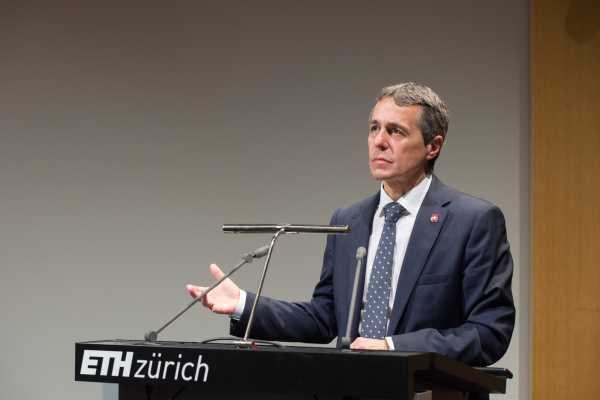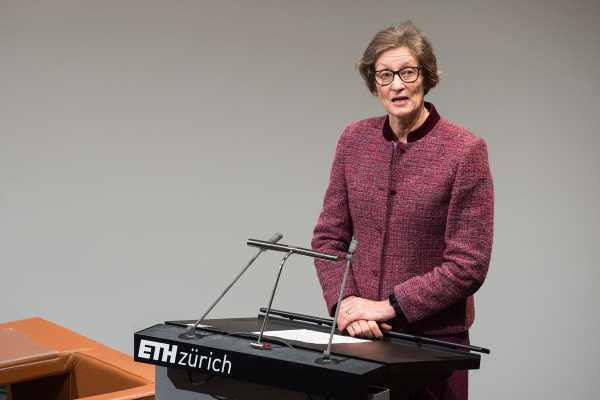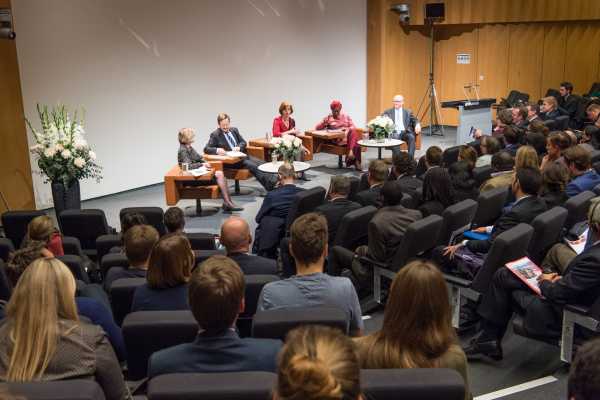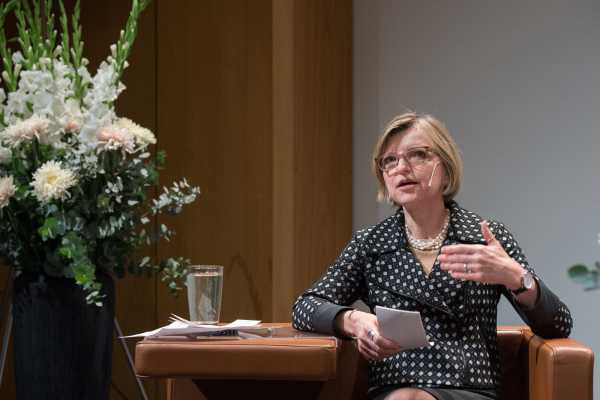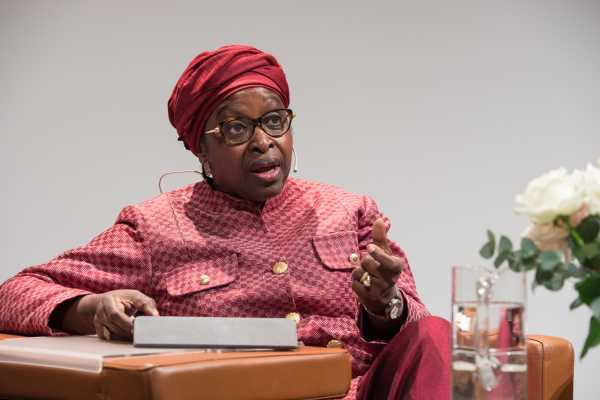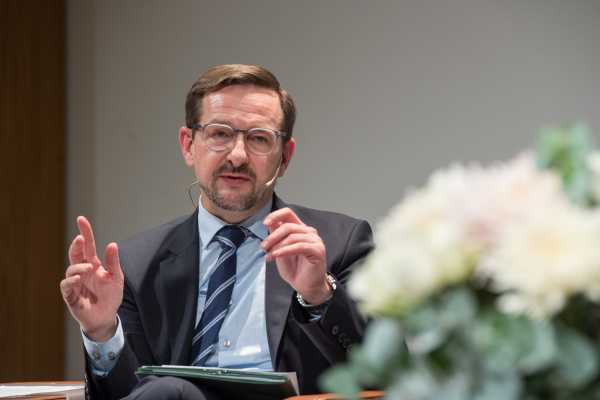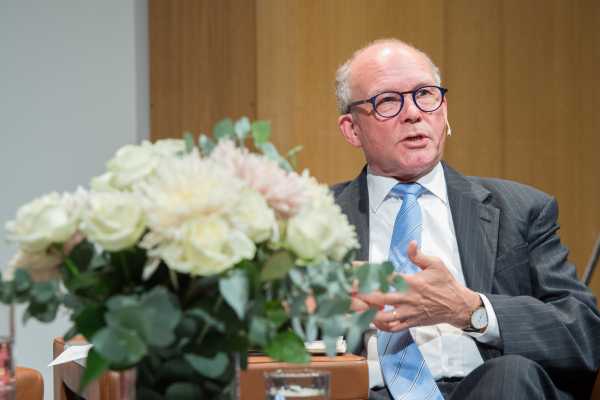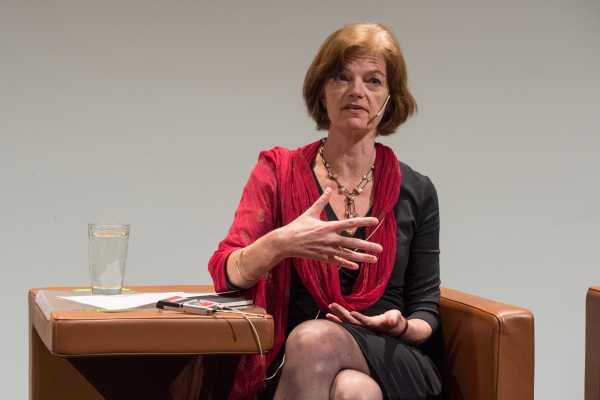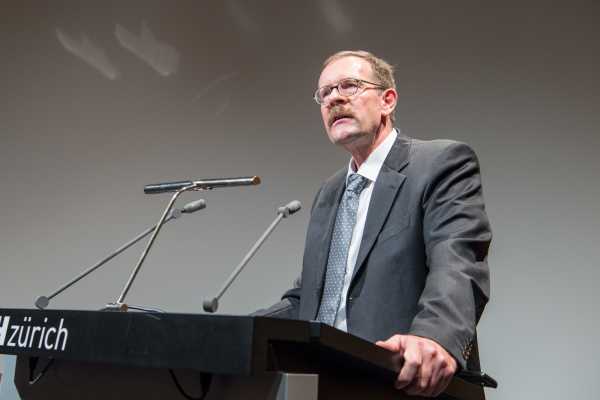Mediation is an important component of Swiss peace- and foreign policy, said Federal Councillor Ignazio Cassis during his first major external page speech at the ETH Zurich. Whether in Ukraine, the Syrian conflict, in Myanmar or South Sudan, Switzerland acts as a bridge builder, assisting states and societies in finding nonviolent and constructive approaches to conflict. Switzerland thereby not only contributes to a more peaceful and secure world, but also reinforces its own citizens’ security.
Professionalization of peace mediation
As a pioneer of peace policy, Switzerland is thus interested in the formation of future mediators. “With this Master Program, Switzerland and its partners Germany, Finland and Sweden support the professionalization of peace mediation. We are facilitating a ‘common language for mediation’ and raising the next generation of peace mediators,” Federal Councillor Cassis declared in his speech. He also stressed that this Master stands for high quality content, as well as for“the appreciation of the multiculturalism of its students and the promise of a peaceful world.” The United Nations, the OSCE and the European Union support the Program.
The first program cycle started in November 2017 with 18 participants from all over the world. As a globally leading university in a country that is internationally renowned for its commitment to peace and security, ETH is able to provide the ideal platform for the program. The CSS supports the program with its longstanding expertise in the field of mediation. Thanks to projects such as the Mediation Support in Peace Process Project, a joint program with external page swisspeace and the Federal Department of Foreign Affairs (FDFA), and its project on Religion and Mediation, the CSS can draw on valuable experiences in this field. Moreover, the head of CSS, Prof. Andreas Wenger, is the new Master’s program director.
Expert Panel on the Future of Mediation
After Federal Councillor Cassis’ speech, a high-level panel of experts addressed current trends in peace mediation. The participants were Secretary General of the OSCE, Ambassador external page Thomas Greminger, the Special Envoy on Women, Peace and Security of the African Union external page Bineta Diop, external page Karin Landgren, former UN Under-Secretary General and a member of the Nordic Women Mediator Network, and Ambassador external page Antti Turunen, former Chairman of the Geneva International Discussions (GID) for Georgia. external page Teresa Whitfield, Director of the United Nations’ Policy and Mediation Unit, moderated the panel.
The panellists agreed that, due to the return of geopolitical tensions, we find ourselves in a difficult environment for conflict resolution and peace mediation. At the same time, the demand for efficient mediation remains high, as many conflicts around the world remain unsolved. A possible answer to this difficult initial situation are local initiatives, because they are less politicized, better target the needs of the involved parties and manage to include a more actors.
More information
Please find the complete speech of Federal Councillor Cassis external page here.
Further information on the MAS ETH Mediation in Peace Processes can be found here. For information on Mediation Support and Peace Promotion at CSS please visit the website.
Further Impressions
